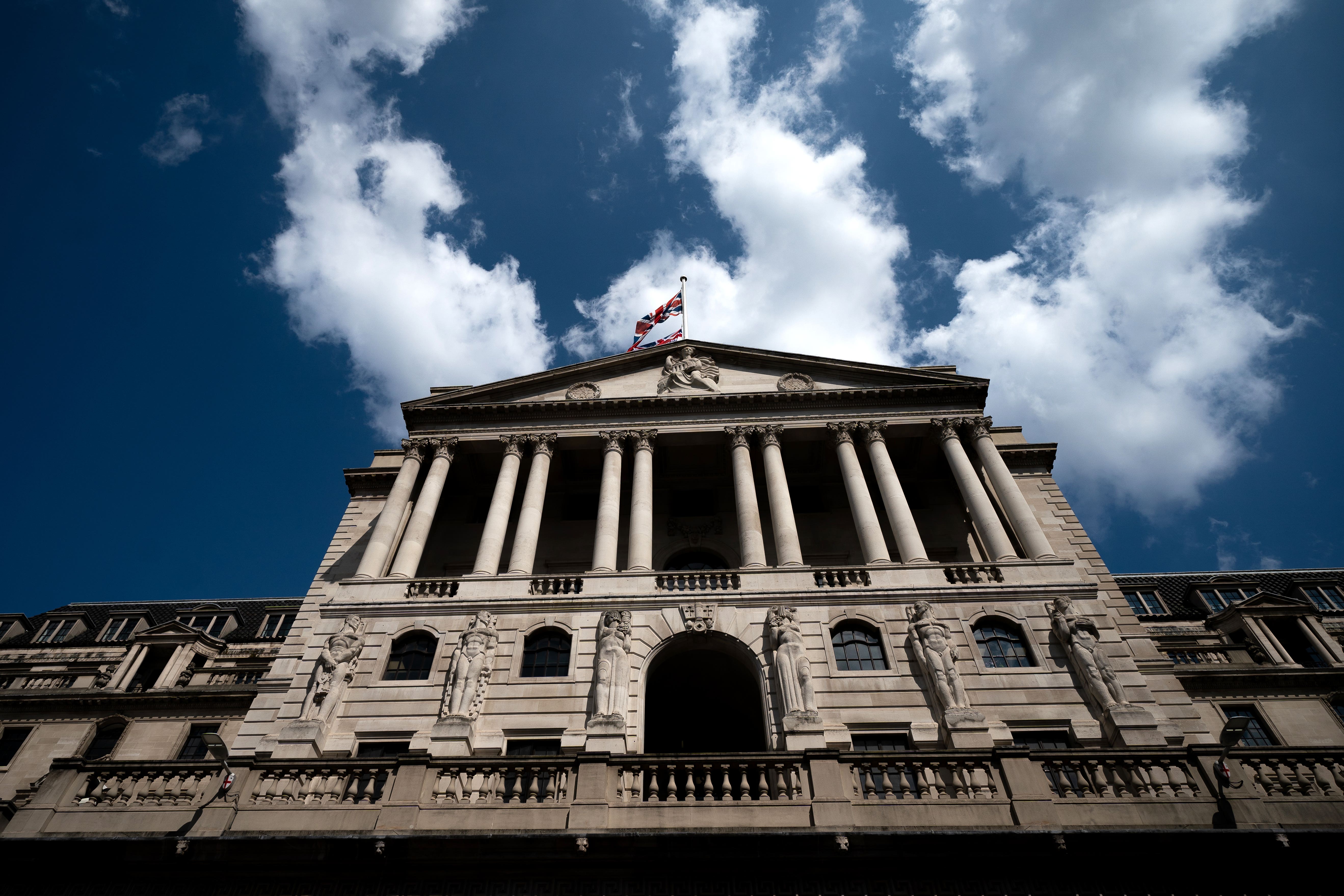Artificial intelligence can help predict future interest rate decisions – study
Researchers at Sheffield Hallam University used ChatGPT to analyse more than 700 Bank of England policymakers’ speeches.

Artificial intelligence (AI) can help predict future Bank of England policymaker interest rate predictions, according to research.
Researchers in the Sheffield Business School at Sheffield Hallam University used generative artificial intelligence (AI) program ChatGPT to analyse speeches made by Bank policymakers.
They looked at speeches made between 1997 – when the Bank gained independence – and June this year that were made ahead of interest rate decisions.
It found that ChatGPT could help predict correct interest rate decisions three times out of 10, or 32% – a “significant” determinant of future voting behaviour, according to the researchers.
This has major implications for forecasting policy decisions and modelling economic expectations
They said that any result above 10% in social science statistical predictions was considered robust.
Using ChatGPT, the researchers classified each of the 705 speeches as either dovish, neutral or hawkish.
So-called hawks are the rate-setters who tend to want tighter monetary policy – in other words, higher rates – to temper inflation and growth, while doves tend to want looser monetary policy, or lower rates, to support growth and inflation.
The findings also showed that Committee members who gave more neutral speeches were more likely to vote for interest rate hikes at subsequent meetings.
The researchers would then run these findings through a model, adding in extra details such as how long the Monetary Policy Committee (MPC) member has been on the rate-setting panel, their previous votes and whether they are an internal Bank employee or external member.
This would then predict how each member was likely to vote at the next one or two policy meetings.
Drew Woodhouse, senior lecturer in economics in Sheffield Business School and lead author of the research, said: “Our findings highlight the predictive potential of tools like ChatGPT for processing human beliefs and expectations.
“This has major implications for forecasting policy decisions and modelling economic expectations.”
He told the PA news agency that they hope AI programmes such as ChatGPT can “empower people”.
“AI can in the future become an everyday tool for the public, in particular for things like financial decision making,” he said.
The researchers said their approach to analysing Bank of England speeches could also be extended to other areas of central bank communications, such as forward guidance, where policymakers give information on the likely future course of monetary policy.
Bookmark popover
Removed from bookmarks